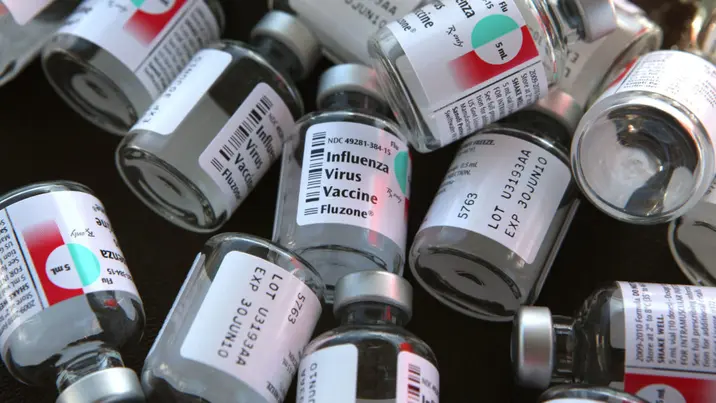T4K3.news
mrna vaccine funding cut
The US trims half a billion in mrna vaccine investment, raising questions about future pandemic readiness.
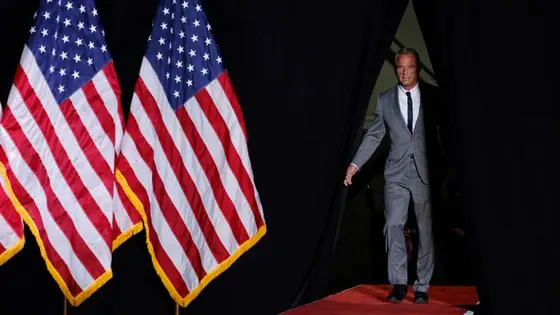
A federal funding shift targets mrna vaccine research, drawing concern about future pandemic readiness and scientific momentum.
Cutting federal funds for mrna vaccine leaves the US vulnerable experts say
This week, President Trump praised Operation Warp Speed as a landmark effort that sped vaccine development. A day later, Health and Human Services Secretary Robert F. Kennedy Jr. announced the government would cancel about 500 million dollars in investments in mrna vaccine technology under BARDA and would not start new mrna projects. Kennedy said the decision followed a review of science and expert opinions and that funding would shift toward safer, broader platforms such as whole virus vaccines.
Vaccines and preparedness experts warn the cut could harm future responses to disease or bioweapons. They say the mrna platform offers speed and flexibility compared with traditional approaches. Dr. Jennifer Nuzzo notes that mrna can be developed faster and without growing virus cultures. Dr. Michael Osterholm calls the move one of the worst public health decisions in decades, arguing that government funding drives vaccine innovation. Dr. Cynthia Leifer uses a kitchen remodel metaphor to describe what happens when progress is halted mid renovation. Nobel laureate Katalin Karikó says the next generation of scientists may seek opportunities elsewhere if funding dries up. The article also notes that while some funding remains in other parts of the government, the current move could undermine the broader effort to keep the United States at the forefront of vaccine tech. The discussion points to a contrast with China, which developed a whole virus Covid-19 vaccine that proved less effective than mrna options.
Key Takeaways
"mRNA vaccines offer real flexibility that other approaches don’t."
Dr. Jennifer Nuzzo on the advantages of mrna vaccines
"This is one of the worst public health decisions in decades."
Dr. Michael Osterholm on the funding cut
"You’d be out your money and you don’t have a kitchen."
Dr. Cynthia Leifer on halting progress mid renovation
"It is really the next generation that will suffer the most."
Dr. Katalin Karikó on long term effects for scientists
The decision exposes a clash between short term budget politics and long term health security. It signals a shift away from high risk, high reward science that has driven recent breakthroughs. \n\nPolicy choices now will echo in years to come, shaping how quickly the nation can respond to a new threat and whether American researchers feel confident to pursue bold ideas. The move also raises questions about leadership and the signaling effect on partners and rivals. Public trust in science could suffer if the public sees science funding as politically vulnerable or inconsistent with stated commitments to safe, effective vaccines.
Highlights
- Innovation needs steady funding not political shortcuts
- Preparation is a budget issue with life and death stakes
- Investing in science is investing in tomorrow
- The next pandemic does not wait for a ballot
Budget and political risk from mrna funding decision
The cancellation ties budget politics to public health strategy, potentially sparking backlash from scientists, lawmakers, and investors while weakening pandemic preparedness.
Policy choices now may determine how well the country can face the next health threat
Enjoyed this? Let your friends know!
Related News
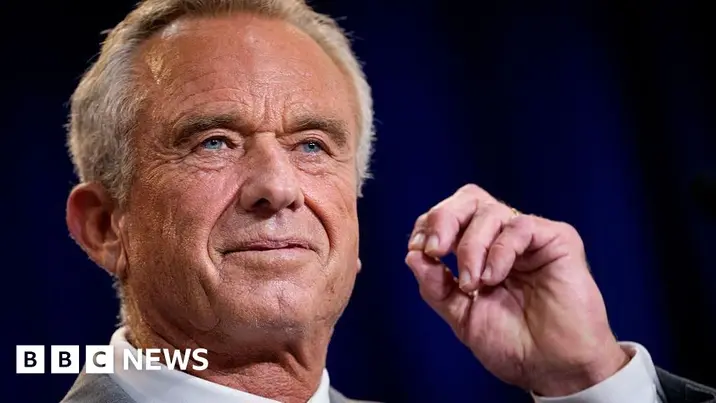
US cuts funding for mRNA vaccine research
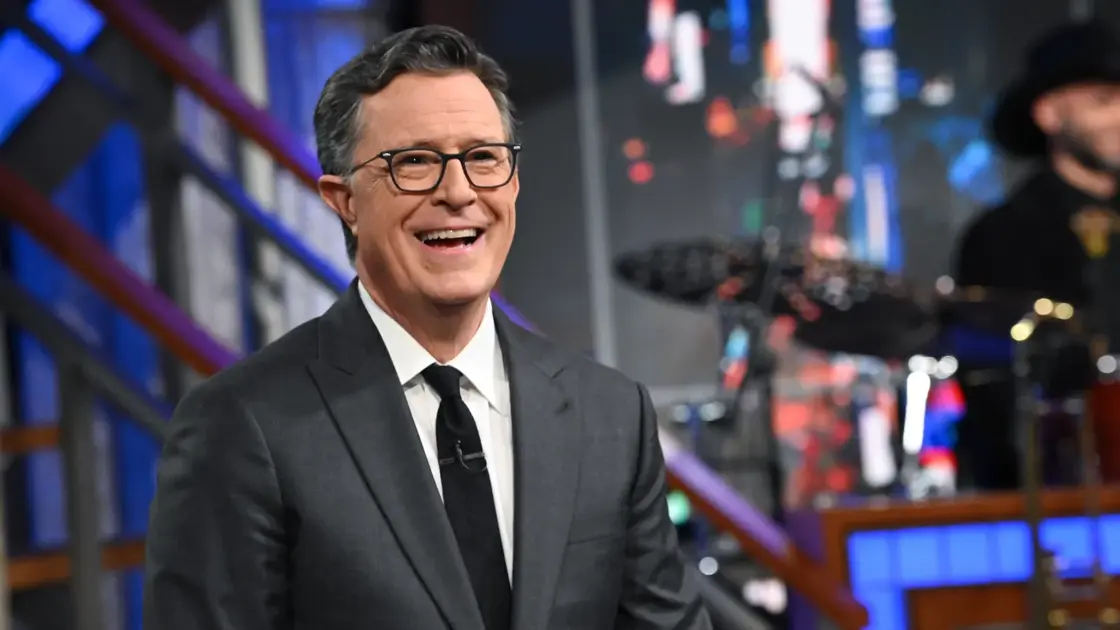
Colbert Critiques RFK Jr. Vaccine Funding Cuts
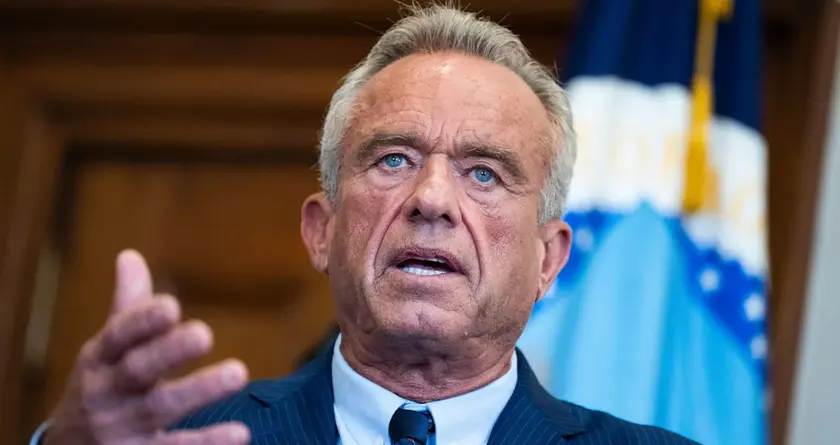
Funding for mRNA vaccines canceled by Kennedy
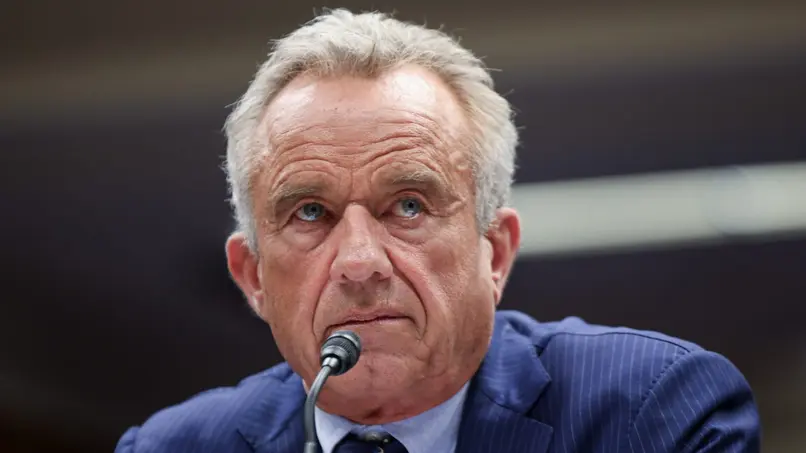
Kennedy cancels mRNA vaccine funding
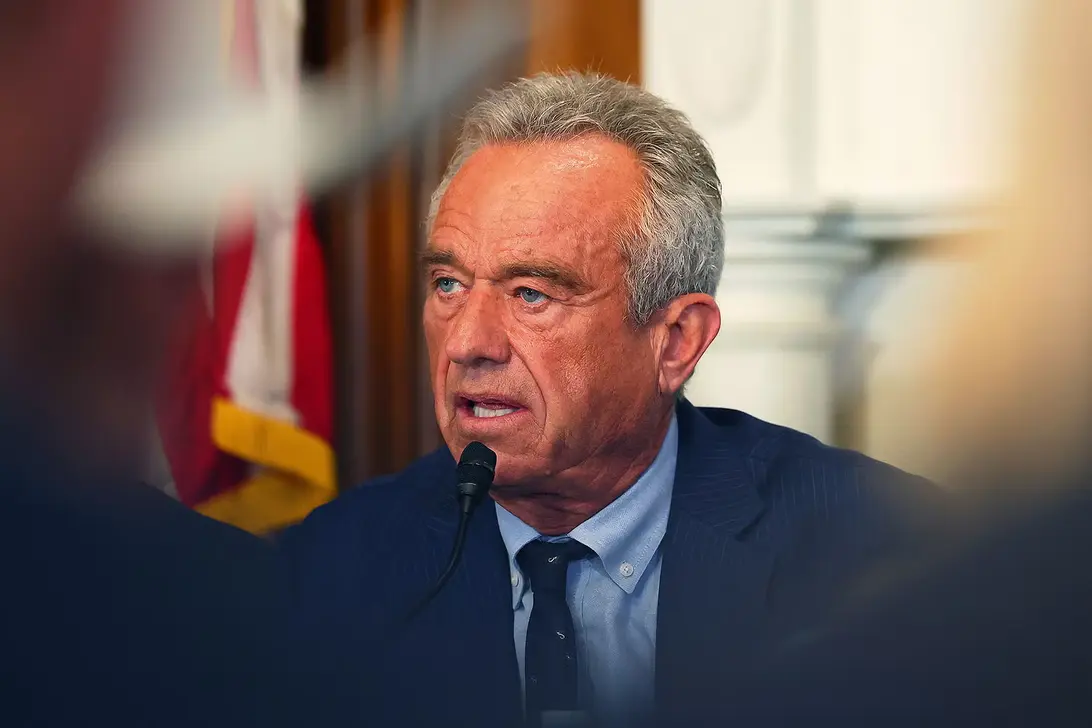
Cuts to mRNA Vaccine Funding Announced
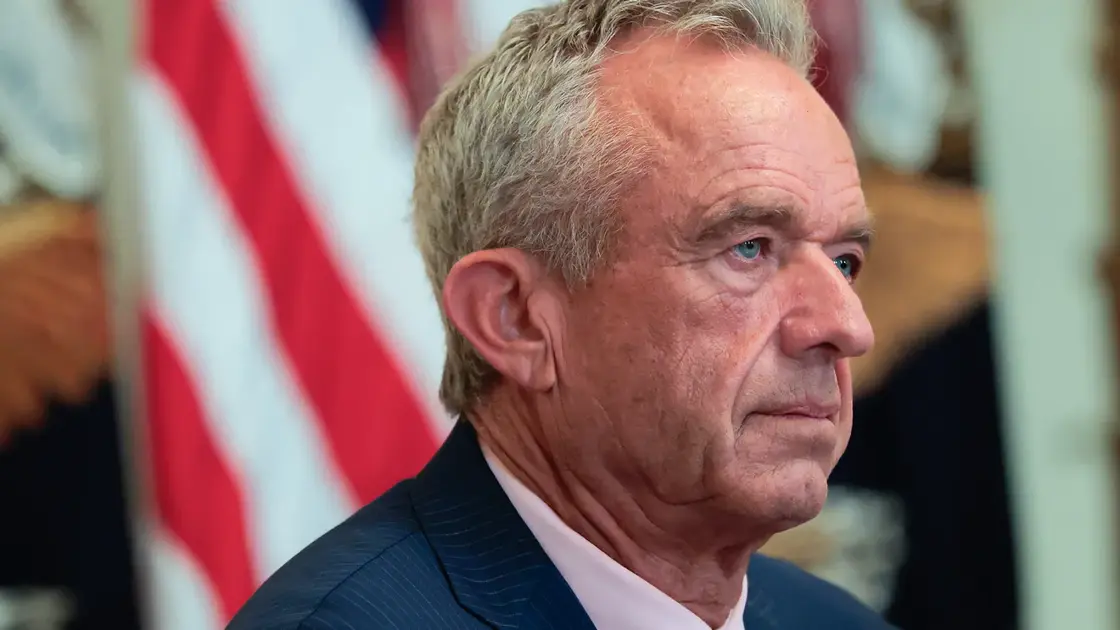
Trump administration cuts mRNA vaccine funding
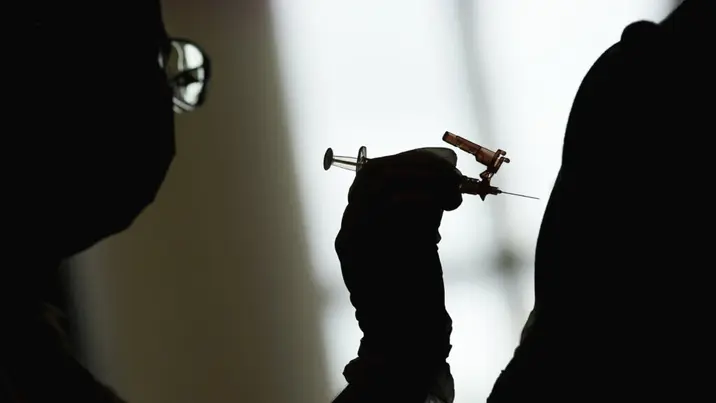
Kennedy mRNA funding cut raises national security concerns
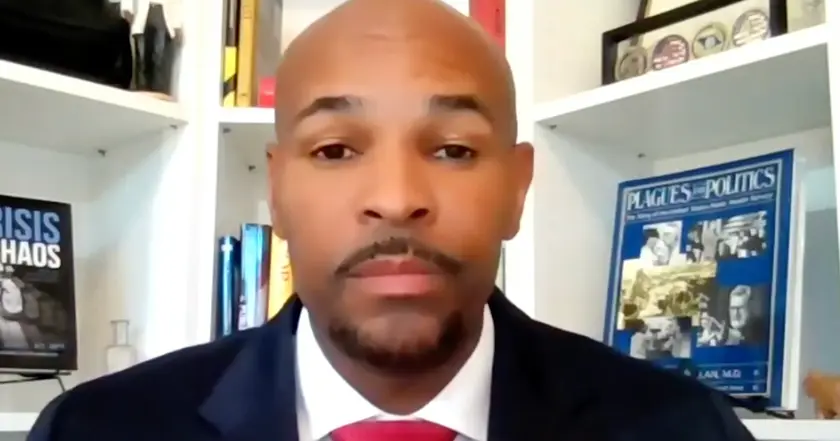
Vaccine funding dispute stirs health policy
